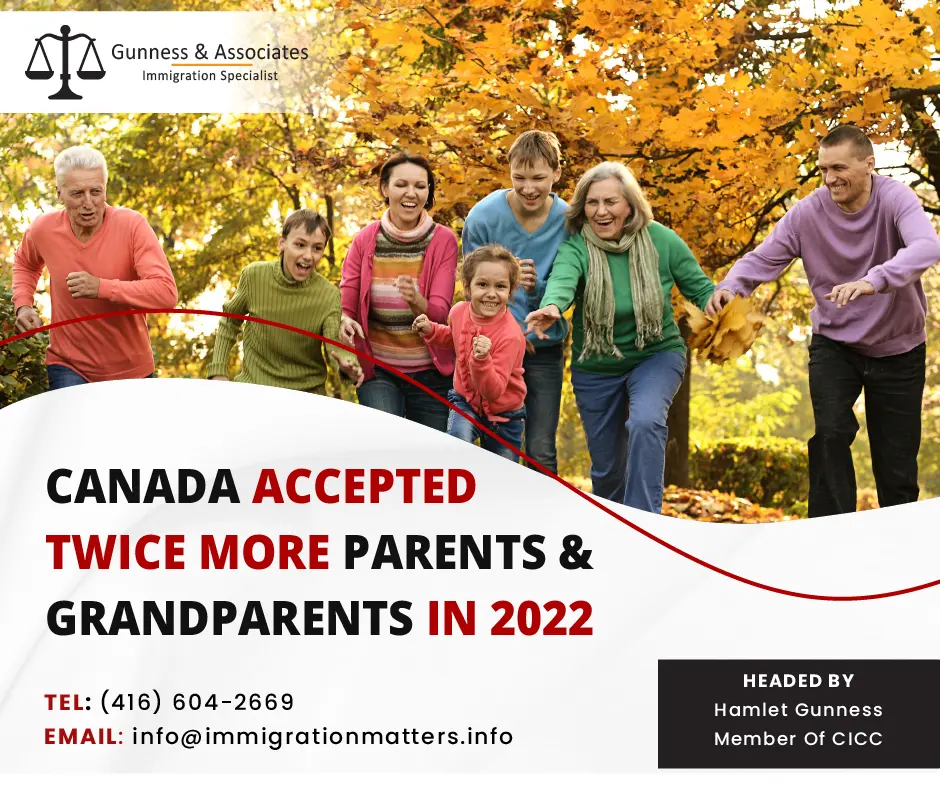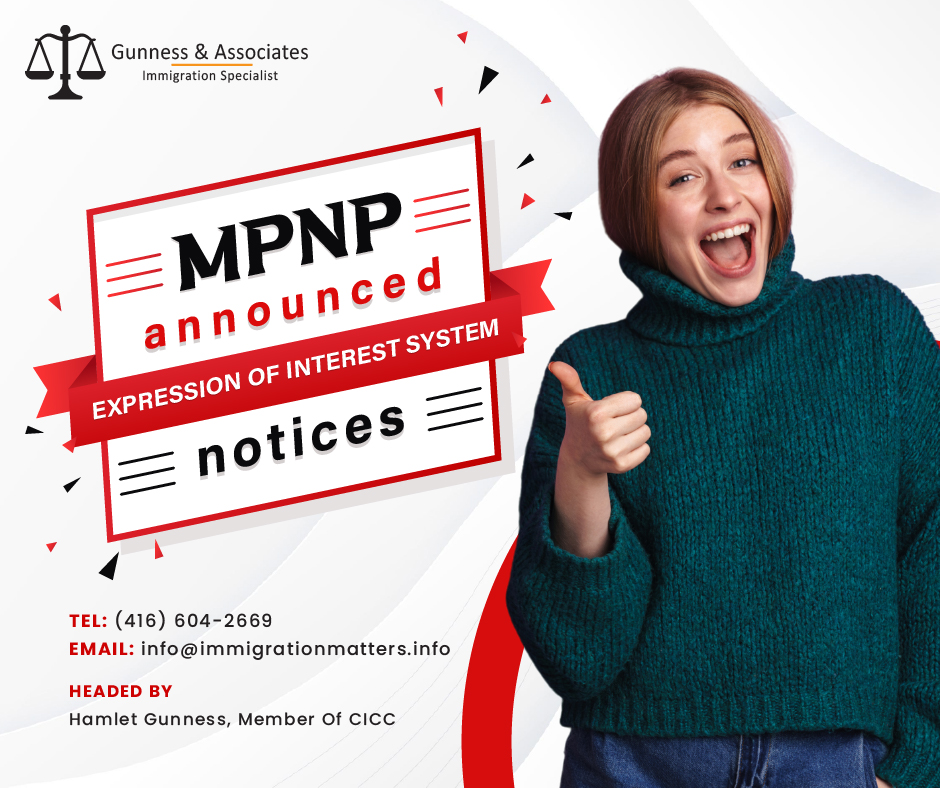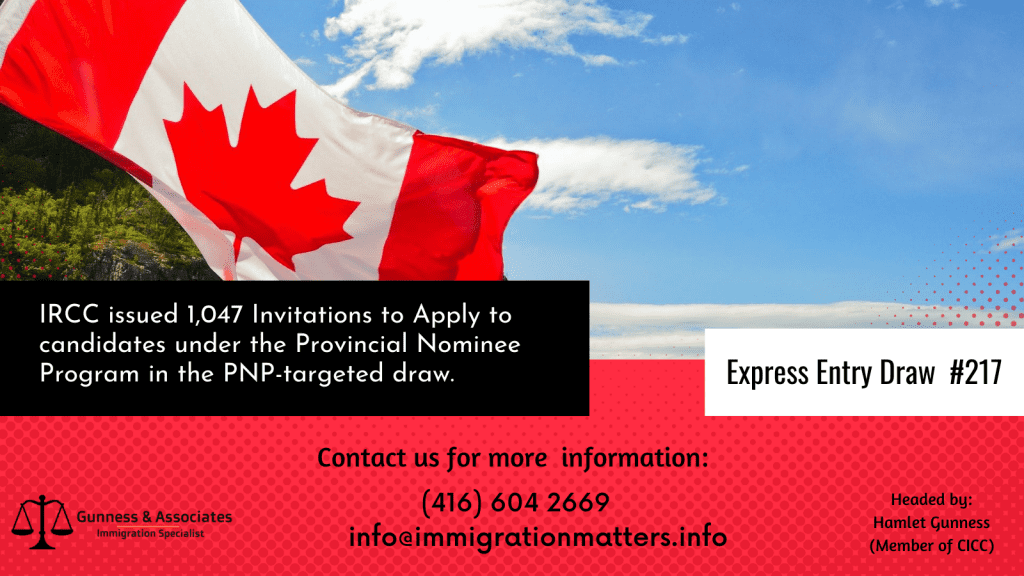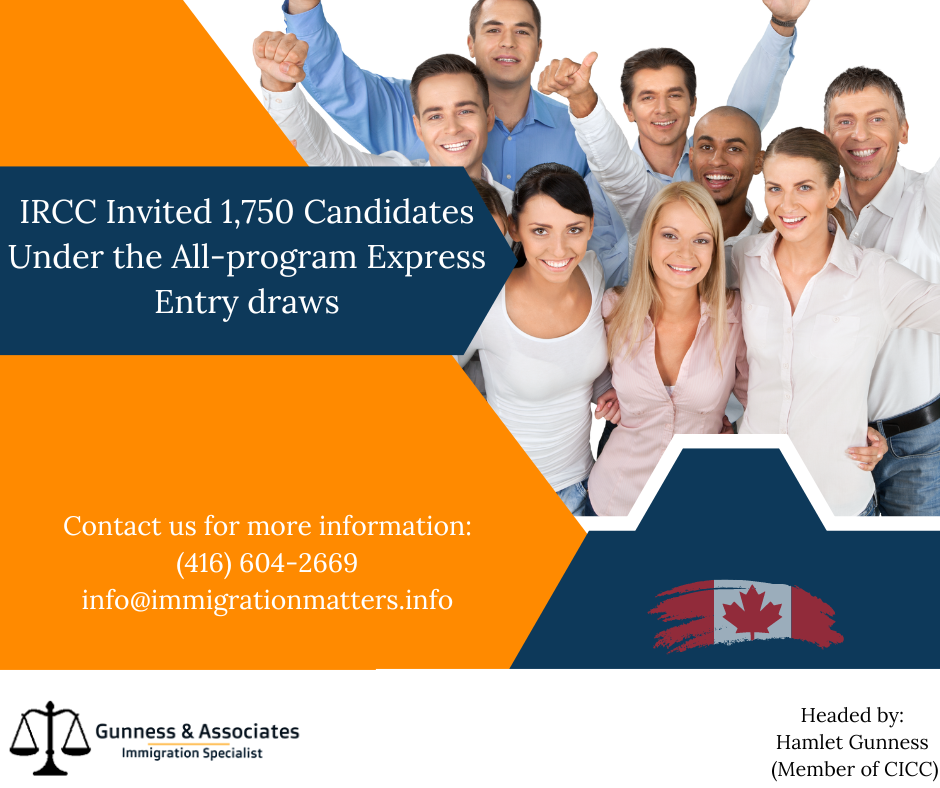IRCC extended work permits to family members of temporary foreign workers
IRCC extended work permits to family members of temporary foreign workers On December 2, 2022, Immigration, Refugees and Citizenship Canada (IRCC) announced new instructions for employers and temporary workers. Canada is expanding its work permit program to include family members of temporary foreign workers. This will help address labour shortages... CLICK HERE TO READ THE FULL ARTICLE »









